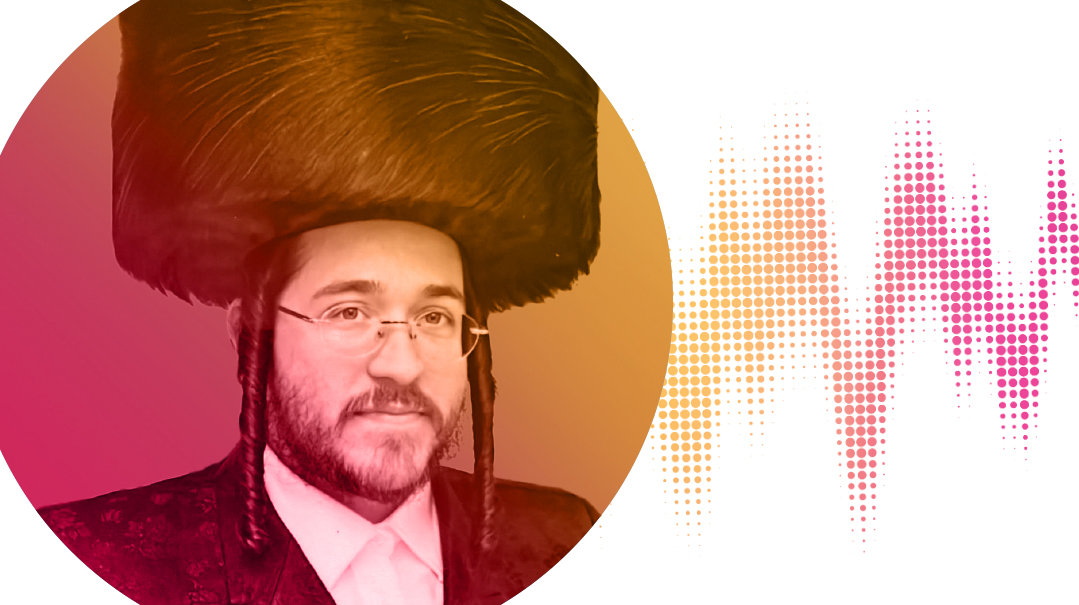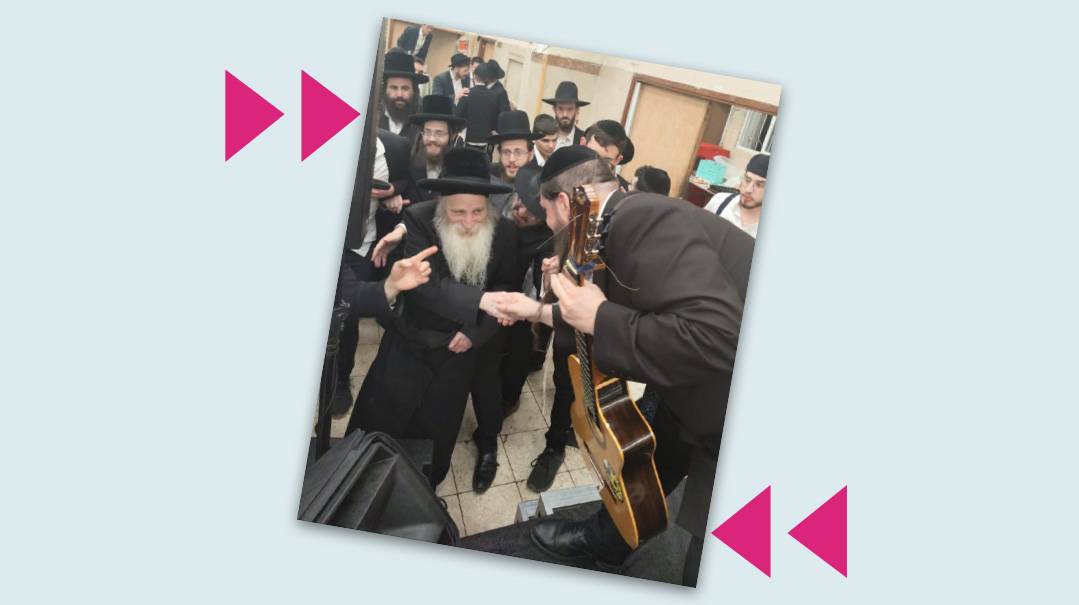A Modern Voice for Ancient Traditions
| May 23, 2018Moshe Habusha is a man with a gift — and a passion. As a child, born in 1961 into a family of Iraqi immigrants in Jerusalem’s Beis Yisrael neighborhood, he absorbed the ancient Iraqi traditions of prayer and paytanut from his grandfather, Chacham Gurji Yair, who was a prominent chazzan in Baghdad and then in Jerusalem. As a young boy, he became attracted to the surrounding Sephardic-Yerushalmi synagogues, whose liturgical traditions are based on both Syrian (“Halabi”) and Egyptian musical styles. “I would get up early to go hear the bakashot sung by the chazzanim at batei knesset in Shuk Habucharim, then go on to the Halabi synagogues in the Machaneh Yehudah neighborhood,” he recalls. [The “bakashot” service, in the predawn hours of Shabbos, is a long series of piyutim, sung throughout the Jewish communities of North Africa and the Middle East.]
Today, Moshe, who still lives in the Beis Yisrael neighborhood, is a popular chazzan, paytan, musician, and singer, with a large following across different Sephardic communities. He sees himself as one of those who are preserving the ancient art of traditional paytanut — Sephardic liturgical prayer — and passing on the skills and knowledge to a new generation. For years, Moshe taught this subject at Hebrew University’s Mount Scopus campus, where he counts among his protégés the singers Eviatar Banai and Berry Sakharof.
“Even nonreligious musicians have an interest in studying paytanut, and there were many students,” he says. “Today, I’m still teaching. Boys from the Syrian community in Brooklyn who are learning in Mir come over to my house to learn authentic Sephardic chazzanut.”
Moshe’s music was beloved by Rav Ovadiah Yosef ztz”l, and he is proud to have performed before the Rishon L’Tzion many times. Nearly every night, Moshe plays and sings at Sephardic weddings; during Elul, he is busy leading Selichot services, at the Kosel and at batei knesset, including the minyan of Rishon L’Tzion Rav Yitzchak Yosef. Brooklyn’s Syrian Ahaba Ve Ahva community have also summoned him to lead Selichot.
Even to an uninitiated listener, there is something compelling in Habusha’s singing — the sustained notes, the rise and fall of his voice as he chants the ancient piyutim. His popularity is based not only on his extensive knowledge of the liturgical traditions, but on his perfect diction, melodic voice, and authentic Iraqi accent.
Moshe is a violinist, but he’s typically associated with his other instrument, the oud, a pear-shaped traditional string instrument used in Middle Eastern music. He was the winner, and is now a judge, of the International Oud competition held in Haifa, where he competed against both Jewish and Muslim musicians. “My oud is never stored in its box,” he says. “I’m always playing it.”
Although Habusha is a staunch guardian of tradition, he is also known for singing popular Arabic songs with Hebrew lyrics. He explains that Jewish music has inevitably been influenced by the surrounding music and creative culture, so that even “Jewish” songs from places like Morocco, Syria, and Tunisia are often Hebrew lyrics set to versions of local melodies.
“Decades ago, when I first began, we used to sing Arabic songs at even the most religious events,” he reminisces. “But today there has been an upsurge in Hebrew Sephardic song. Of course, the old, traditional tunes are still the favorites.”
(Originally featured in Mishpacha, Issue 747)
Oops! We could not locate your form.












